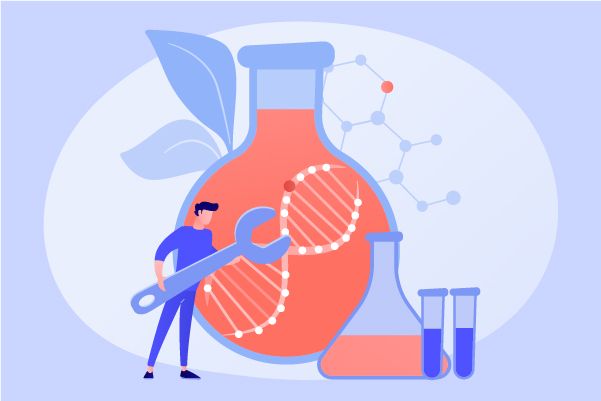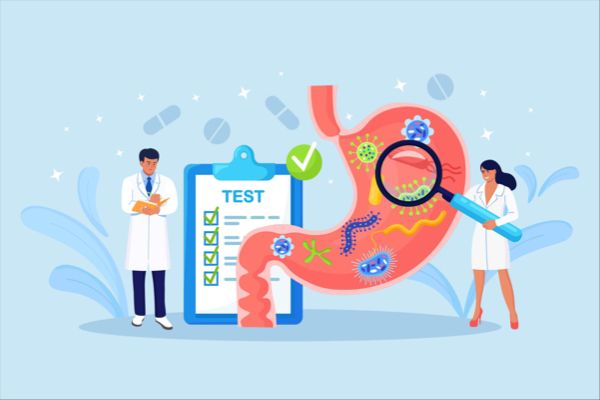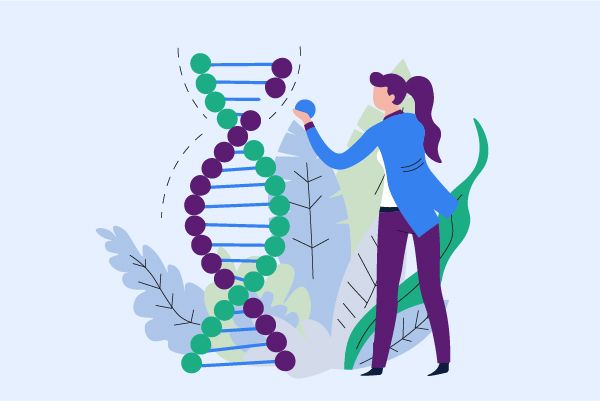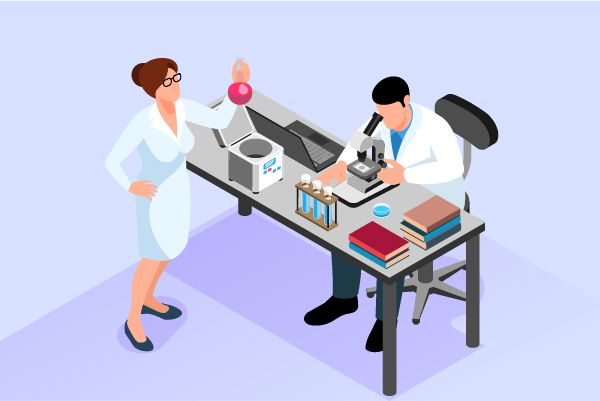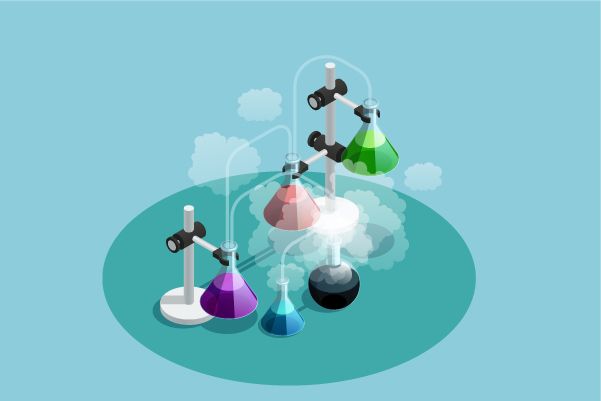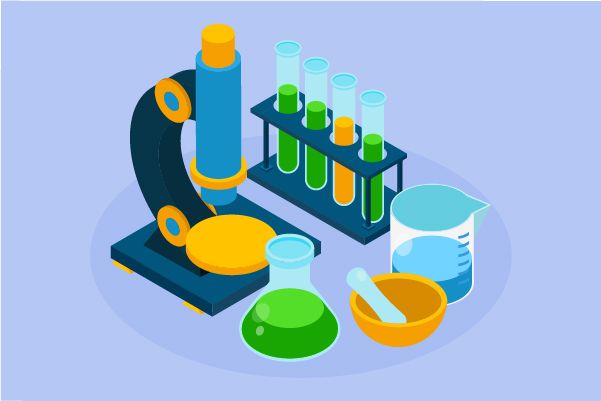Request Demo
Pharmaceutical Insights
Navigate pharmaceutical trends with our insights on targets, institutional pipelines, clinical advances, and new drugs.

Recent blog posts
Latest Hotspot
3 min read
Fate Therapeutics Announces Start of First Human Trial with FT825/ONO-8250 for HER2-positive Advanced Solid Tumors
15 January 2024
Fate Therapeutics Reveals Commencement of Initial Human Trial for FT825 / ONO-8250 in Individuals Suffering from HER2-positive Progressive Solid Cancers.
Latest Hotspot
3 min read
Astellas Issues Progress Report on U.S. Regulatory Submission for Zolbetuximab Biological License Application
15 January 2024
Astellas Pharma Inc. announced on Jan 4, 2024, the FDA issued a complete response to their zolbetuximab Biologics License Application.
Knowledge Base
2 min read
Is concomitant medication allowed for subjects in clinical trials?
15 January 2024
Concomitant medication refers to the drugs that the subjects take at the same time as the trial drugs in clinical trials.
Latest Hotspot
3 min read
Medison Pharma Strikes Deal to Market Regeneron's Drug Libtayo® (cemiplimab) Across Several Nations
15 January 2024
Medison Pharma and Regeneron Ireland DAC have formed an exclusive partnership for Medison to distribute Regeneron's innovative treatment, Libtayo® (cemiplimab).
DrugDeal Decode
4 min read
Exploring the Latest MSLN ADC Deal by Harbour Biomed Therapeutics: A Guide to Rapidly Accessing Transaction Insights
15 January 2024
Harbour Biomed and its subsidiary Nona Biosciences have entered an exclusive deal with Pfizer for the global development and commercialization of their anti-mesothelin ADC, HBM9033.
Latest Hotspot
3 min read
Lutikizumab Shows Promise in Phase 2 Trial for Moderate to Severe Hidradenitis Suppurativa, Advances to Next Study Phase
15 January 2024
Lutikizumab Demonstrates Encouraging Outcomes in Phase 2 Study Among Individuals with Moderate to Advanced Hidradenitis Suppurativa, Progressing to Next Trial Stage.
"What" Series
2 min read
What is the importance of clinical trial data management system?
15 January 2024
The data management process involves system setup, CRF/database creation, data collection/entry, validation/querying, medical coding, handling external data, blind reviews, database locking, data export/exchange, and archiving documentation.
DrugDeal Decode
4 min read
Exploring the Latest KRAS G12C Inhibitor Deal by Innovent Biologics: A Guide to Rapidly Accessing Transaction Insights
13 January 2024
The CDE recently accepted Innovent Biologics and GenFleet Therapeutics' joint NDA for GF-105, prioritizing its review for advanced NSCLC patients with the KRAS G12C mutation after first-line therapy.
ESMO 2023
4 min read
Igrelimogene litadenorepvec: A Quick Look at Its R&D Progress and Clinical Results from the 2023 ESMO_IO
13 January 2024
The latest clinical findings of Igrelimogene litadenorepvec were unveiled at the 2023 ESMO_IO, demonstrating its potential benefit and setting the stage for subsequent investigations.
Latest Hotspot
3 min read
Innovent announced Mazdutide's successful early Phase 3 trial in overweight and obese Chinese adults
13 January 2024
Innovent declared the successful completion of the initial stage 3 clinical evaluation for Mazdutide among overweight and obese adults in China.
"What" Series
2 min read
What are washout period and run in period of clinical trials?
13 January 2024
Run in period and washout period are two commonly used concepts in clinical trials.
Latest Hotspot
3 min read
EU Grants Authorization for New Eylea™ 8 mg Formulation
13 January 2024
The EU Commission has approved Eylea™ 8 mg, an 8 mg aflibercept (114.3 mg/ml) injectable, for treating neovascular age-related macular degeneration and diabetic macular edema-related vision loss.
